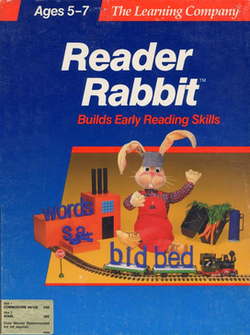Computing and Education
Many of the pioneers of early computing were deeply interested in education. They wrote papers and books on the subject, quoting pedagogical pioneers throughout the ages. They built tools for education, from programming languages to operating systems. They even entered the classroom themselves teaching everything from elementary school through graduate school.
Why such an intense interest and cross-over between computing and education? In reading the pioneers own words on the subject, I see three themes emerging:
- Computing as a tool for education
- Education for computer literacy
- Mastery inspires educating others
Computing as a tool for education
Computing is merely the latest in mankind's long string of technological inventions. The early pioneers of computing probably realized that the computer and related inventions could be incredibly useful as tools for education.

 I was born in 1982 and computers were not widely available in people's homes. Yet I learned to read and write on an Apple IIe computer, with the help of programs like Reader Rabbit and Writer Rabbit.
I was born in 1982 and computers were not widely available in people's homes. Yet I learned to read and write on an Apple IIe computer, with the help of programs like Reader Rabbit and Writer Rabbit.
Computers can be incredible tools for helping us learn.
Education for computer literacy
The early pioneers of computing talk often of computing as a language that must be learned, similarly to how we learn a human language. In order to further this "computer literacy", education would be required. The pioneers' interest in education in this case was to use education as a means to bring about increased computer literacy.
Mastery inspires educating others
The third theme has little to do with either computers or education, per se. Instead a pattern that we often see with people who are at the apex of their field is that they take an interest in teaching others what they themselves have learned or discovered.
"Mastery involves taking [your] skill and turning it into a magnifying glass that can enhance the skills of others by orders of magnitude. This may take the form of ... training a generation of journeyman whose skills equal and then surpass your own." - pg. 7, Apprenticeship Patterns
Further Exploration
- Review the list of Turing award winners and see how many of them touched on education during their career.
Computing Pioneers: [[Douglas Engelbart]]